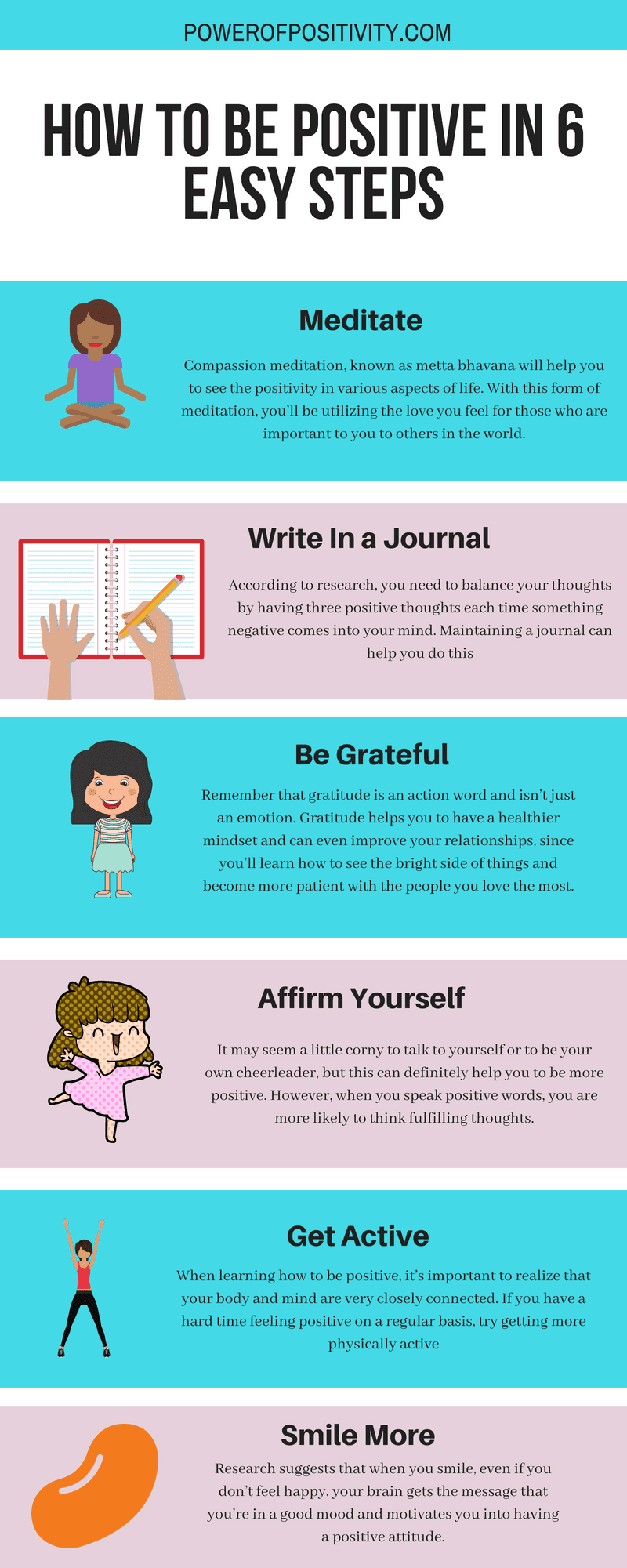An argument are a normal part of a relationship, but they don’t have to be a constant headache when there is a fairly simple solution to solving them.
You and your partner are two different people with different needs, so having conflict is normal. The art of negotiating is something that is worth your time to master because it will help you in other areas of your life as well, not just with your relationship.
How To Solve An Argument With Your Partner In 3 Steps
Problems in a relationship can come from a huge range of topics from financial to sexual. Communication with calm, honest expression of feelings is the way to solve these problems in just a few steps. Remember that communication includes both listening and talking and that listening is the more important of the two.
Arguing fair is important for couples during the discussion process, so let’s review the rules of engagement according to psychologist and couples counselor Dr. Nathan Cobb.
Start by agreeing to abide by these fair fighting rules:
- No degrading language (name calling, cursing, belittling)
- No blaming
- Don’t use raised voices or yelling
- No violence or threats of violence
- No threats of divorce
- Focus on your own needs, not what you think your partner’s are
- Focus on today, not the past
- Take turns speaking
These are the ground rules before you start working on bringing peace to your arguments, but you may want to add more depending on you and your partner’s personal boundaries about what is and isn’t off limits.
1. Manage your own emotional response
Anger and frustration are typically the most common emotions that people experience when they are having an argument in their relationship. Anger has the potential to become violent if it is not managed. Slow your breathing down before speaking and if needed, take a five-minute walk while distracting yourself with a good song.
Fear or anxiety is possible when you worry that your partner may leave you. Think about any worries that you have now and remind yourself that fear is about what might happen in the future, not what you can do right now.
Sadness or feelings of depression is certainly normal when you are having problems in your relationship. Sadness means that you need something that you aren’t getting, so this is a great place to start looking at what you really need in your relationship. Think about how you would finish this sentence: ‘I’m sad because I need more ____ in my life.’
2. Give your partner’s argument some time and perspective
Now that you’ve given your emotions a thought, think about whether this is a situation that needs to be handled right now or if it can be put on hold. Researchers at the University of California at Irvine sound that people who were not able to manage anger with strategies such as taking a time-out had fewer and lower quality romantic, social, and occupational relationships.
Your partner is so frustrating at times. Why can’t they see things from your perspective from time to time? Good point, and yet, have you tried to see things from their perspective?
Related article: 10 Reasons To Have Sex Daily
When the argument continues, it is difficult for either of you to gather your thoughts beyond the immediate gut response of yes/no or good/bad. The issue is deeper than that because someone is not getting his or her needs met.
Unless a decision is needed urgently, even as little as 2-5 minutes of quiet peace can calm your mind enough to start gaining some insight into how to resolve your differences. It can also help you see how important this issue is to your partner and that means it’s worth your time and consideration.
3. Ask for what you need
Each of you should now take a few minutes to express what you need from the relationship that you are currently not getting. This should be very specific with what you want your partner to do for you.
For example ‘I need to feel secure in our relationship’ is vague because it does not define what you expect from your partner. Instead you could say ‘I need you to be honest and tell me when you talk to members of the opposite sex.’
Related article: 5 Little Things That Will Improve Your Relationship
Couples counseling is a healthy option for those who might need an impartial person to listen to the argument from an unbiased perspective and offer suggestions for how to solve things. If you and your partner have tried to work things out and are still committed to each other, look for a licensed therapist in your area.
Some relationship problems can be solved with communication training programs. According to a study in The Journal of Family Psychology ‘It has been shown that five to six sessions of relationship education with a skills-training focus reliably improve couple communication.’ Licensed counselors are also available who will work with you via video phone call. There are counseling apps and counseling by text available now as well. Check out all of your therapy options before you or your partner throw in the towel.
















 9. “Smiling has a way of changing our mood!”
9. “Smiling has a way of changing our mood!”

